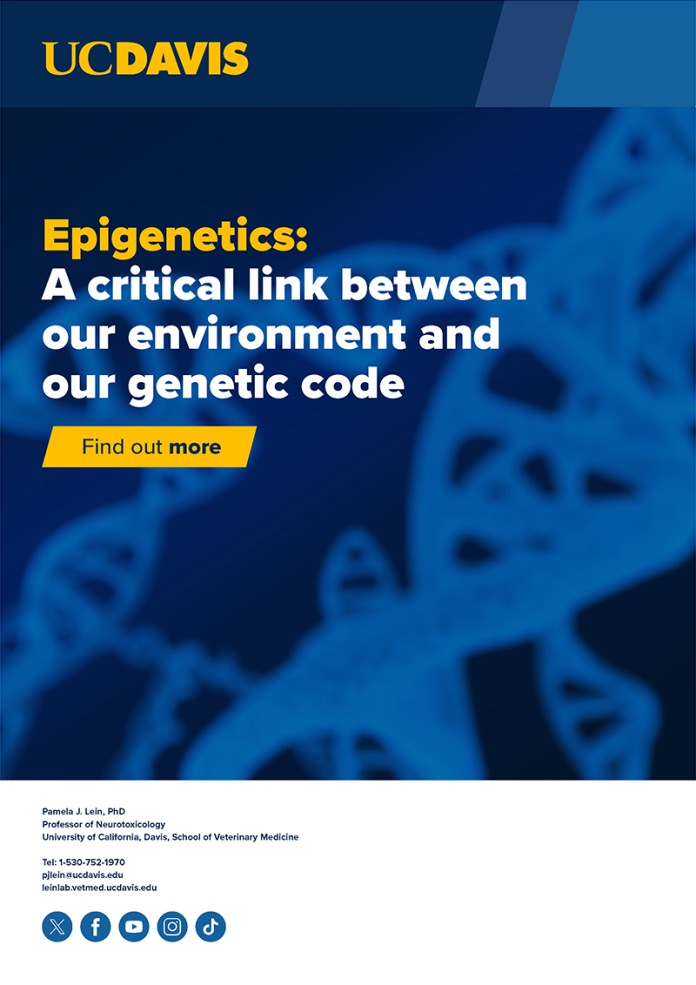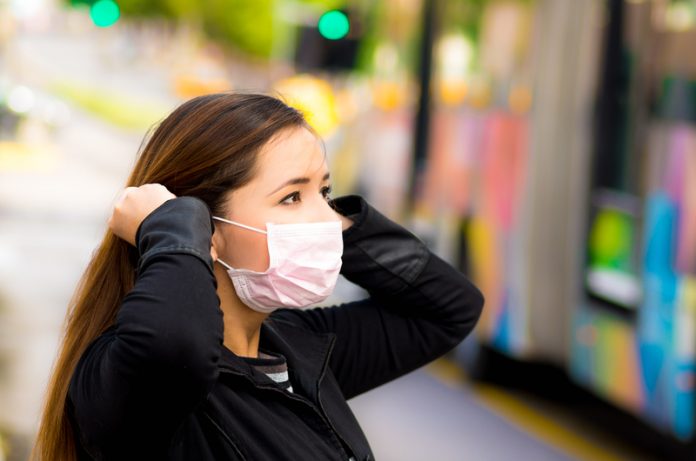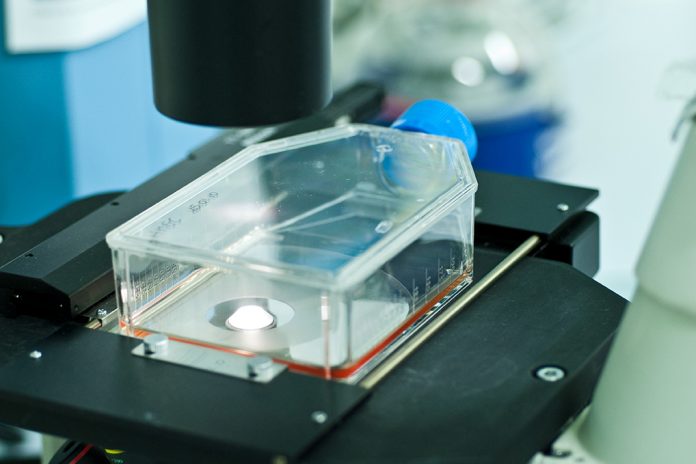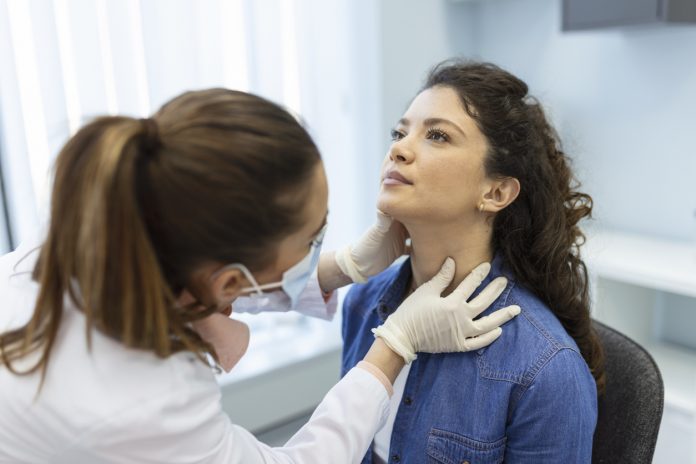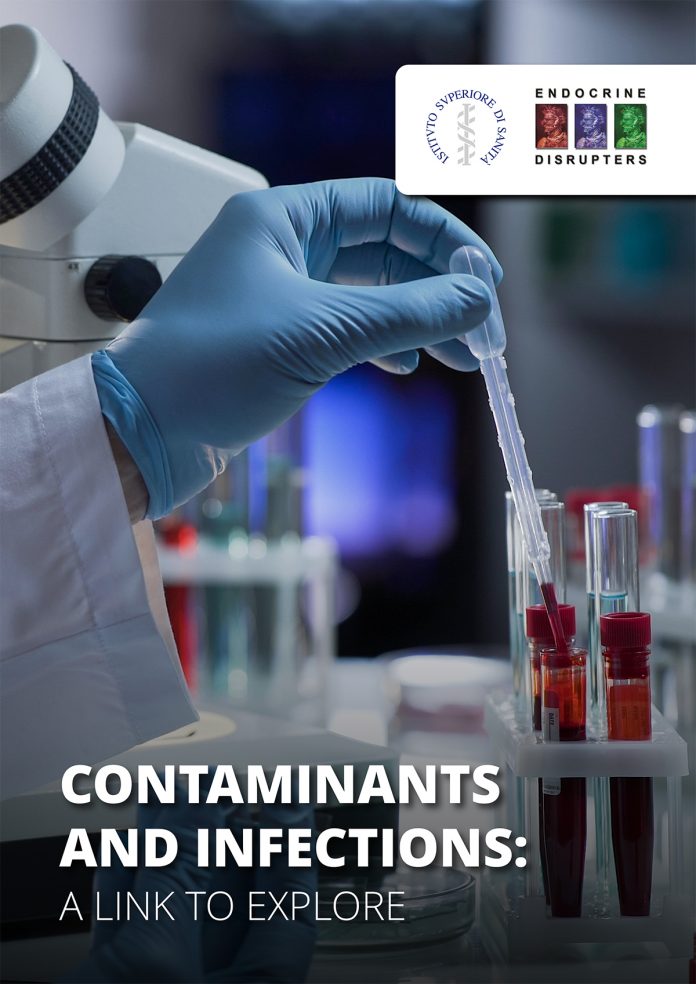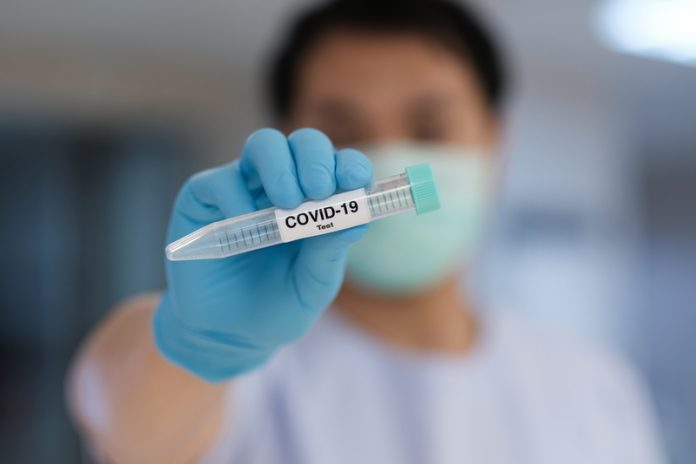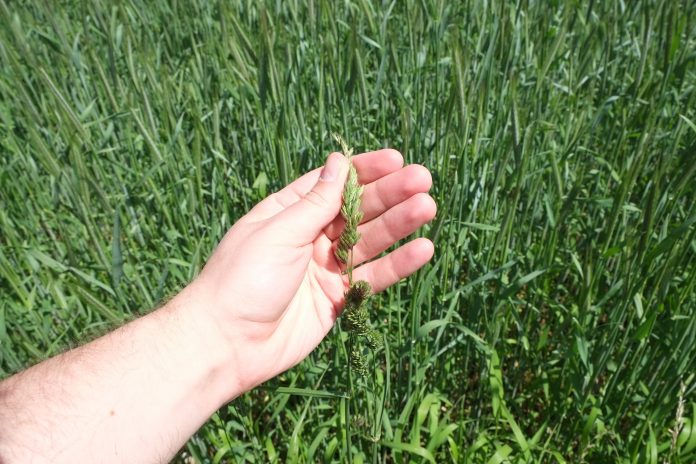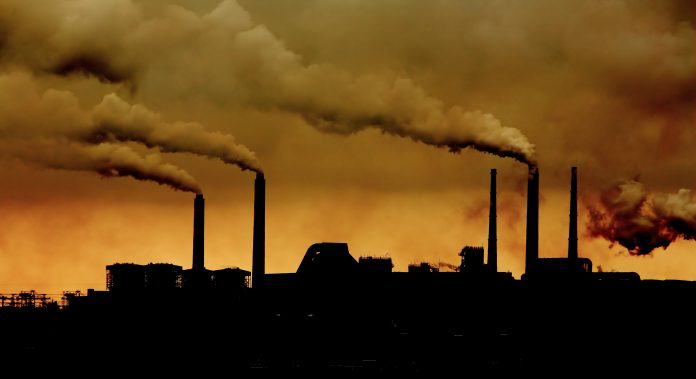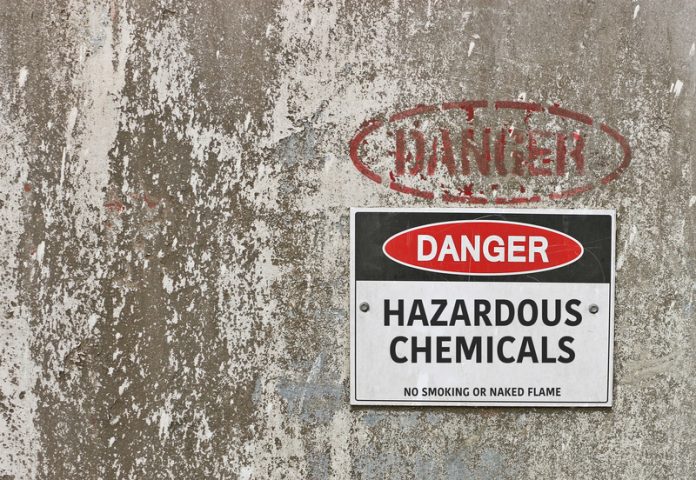Open Access Government produces compelling and informative news, publications, eBooks, and academic research articles for the public and private sector looking at health, diseases & conditions, workplace, research & innovation, digital transformation, government policy, environment, agriculture, energy, transport and more.
Home Search
Endocrine disrupting chemicals - search results
If you're not happy with the results, please do another search
Through the looking-glass: Endocrine disruption and child health
Alberto Mantovani and Francesca Baldi at the Italian National Health Institute discuss the need for further research on endocrine disruption and child health
When assessing potential health hazards in food chains or the environment, it is clear that children cannot be considered as miniature adults. In fact, children breathe more...
Epigenetics: A critical link between our environment and our genetic code
The sequencing of the human genome at the turn of the 21st century was heralded as a monumental scientific achievement. Scientists around the globe expected that this new-found technology would accelerate understanding of human biology and revolutionize medicine by identifying genetic causes of disease, which could then be cured with gene therapy.
Indoor air pollution: A neglected yet important risk to public health
Stephen T Holgate, Special Advisor to the Royal College of Physicians (RCP) on Air Quality and MRC Clinical Professor of Immunopharmacology, University of Southampton takes the stance that indoor air pollution is a neglected yet important risk to public health.
Understanding the adverse outcome pathway concept
Alberto Mantovani, Istituto Superiore di Sanità looks at how the adverse outcome pathway concept is the long way from molecular to adversity
The importance of communicating in earnest on EDC
Risk communication is often perceived as the last and least component of risk analysis, well behind risk assessment and risk management; conversely, it is a powerful tool to build the necessary bridges between science and the public.
This holds especially true in regard to risk factors which are severe, widespread and...
U.S. girls experiencing their first period (menarche) has decreased, especially among minorities
The average age at which U.S. girls experience menarche, their first menstrual period, has decreased, with certain minorities being more heavily effected
The study led by Harvard T.H. Chan School of Public Health shows that girls experiencing menarche is particularly elevated among racial minorities and those from lower socioeconomic backgrounds.
They...
Microwave ablation emerges as a promising treatment for thyroid cancer
Researchers suggest that microwave ablation, a minimally invasive procedure, could offer comparable progression-free survival rates to surgery with fewer complications.
New study reveals chemical exposures linked to women’s Cancer risk
A recent study unveils alarming findings about women's cancer risk, indicating significant connections between the disease and exposure to certain endocrine-disrupting chemicals.
Hormones contribute to movement impairment after brain injury
Hormones released after a brain injury contribute to movement problems on the left and right sides of the body, according to a new study.
5 ways to improve sleep during menopause
Dr Nerina Ramlakhan, neurophysiologist and sleep expert, shares advice on how to improve sleep and energy levels when you’re menopausal.
Can CBD restore your hormonal imbalance?
Lorraine Clark, Director of hapihemp, explores whether CBD oil can be used to restore hormonal imbalances.
How to conceive if you are suffering from polycystic ovary syndrome
This article was contributed by the team at Fertility Family, offering advice on conception for those affected by PCOS.
Contaminants and infections: A link to explore
Here, Alberto Mantovani of the Endocrine Disruptors Project here discusses what there is to learn from the recent COVID-19 pandemic.
Contaminants and infections: a link to explore
Discussing infections in light of the recent pandemic of COVID-19, Alberto Mantovani of Endocrine Disruptors Project delves in to what we can learn.
Pesticide risk assessment: European framework shows need for safer alternatives
Here, Alberto Mantovani discusses how to balance chemical pesticides with crop-protection and food security, referring to the ever-evolving European framework.
Climate change: Modifying our views on environmental risks
Alberto Mantovani and Francesca Baldi - Istituto Superiore di Sanità in Rome, Italy, explain to us how the global issue of climate change is modifying our views on risks to the environment with comment on the main effects of chlorinated pesticides.
Climate changes, risk assessment and resilience
Alberto Mantovani discusses the consequences of climate changes for human health and welfare, including the disruption of agricultural productions.
The challenge of replacing hazardous substances
Alberto Mantovani and Francesca Baldi from the Endocrine Disruptors Project-Istituto Superiore di Sanita shed light on the challenge of substituting hazardous chemicals
What happens when a substance is suspected or found guilty of adverse effect on human health or the environment? Removing a toxic chemical from a product’s ingredients is...
New insights on reproductive toxicants
Alberto Mantovani discusses new findings regarding reproductive toxicants, which was debated at the European Teratology Society Conference in September
The public, policymakers and scientists pay increasing attention toward the chemical hazards affecting human reproduction, the development of the unborn and newborn child and the hormone control of these processes. Reproductive...
Methane from cattle 11% higher than previously thought
Methane from cattle is estimated to be 11% higher than previously expected, presenting a bigger challenge in the fight against climate change


